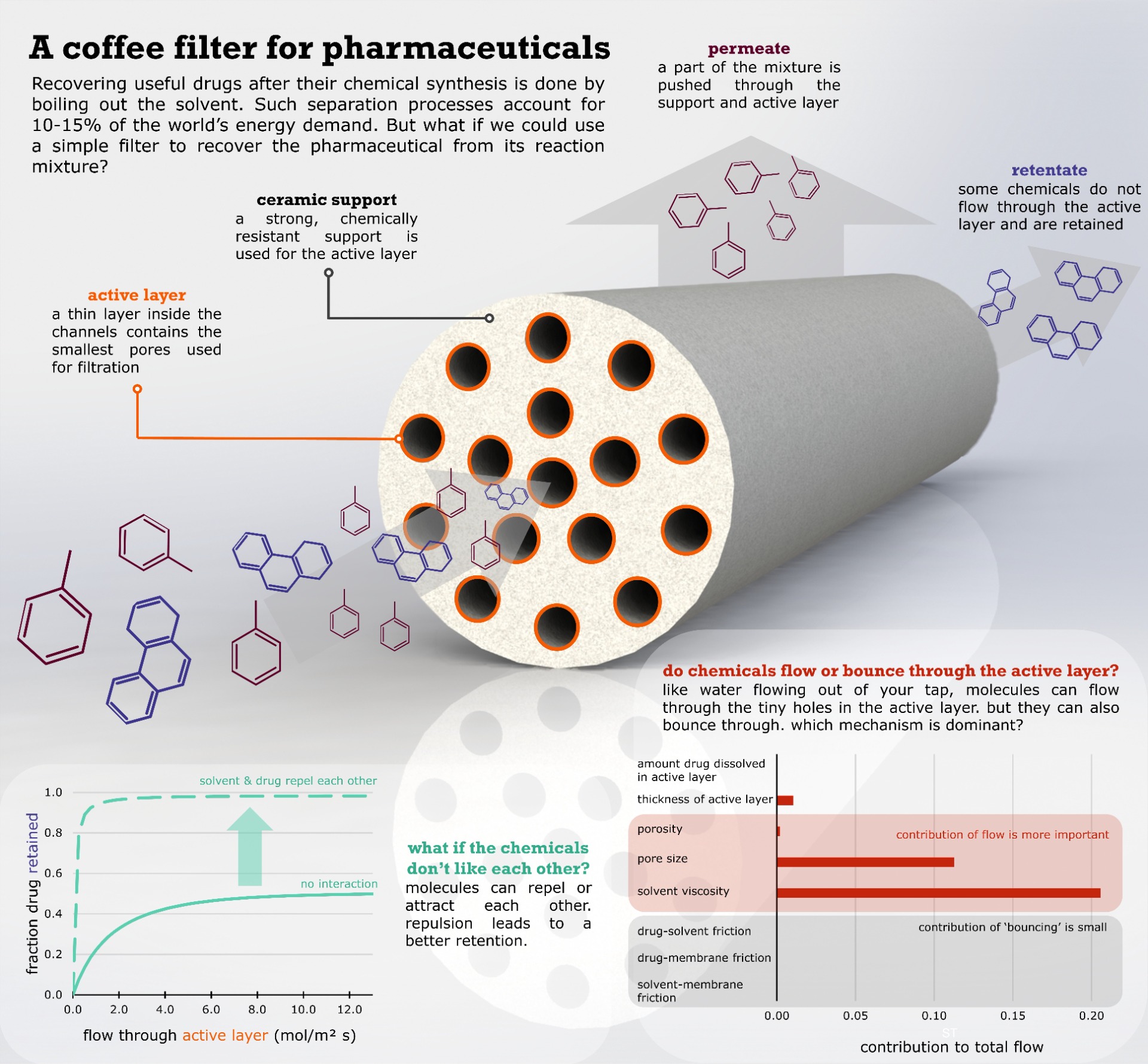Benjamin Claessens
Maître de Conférences / Associate Professor @ MADIREL, Aix-Marseille Université
I am an associate professor at Aix-Marseille University, working at the MADIREL laboratory. The research in our group focusses on the use of microporous materials (zeolites / Metal Organic Frameworks) to improve the separation of chemical mixtures and the removal of contaminants from gas and liquid mixtures.
On the one hand, we try to understand how molecules behave when trapped in materials containing small pores. On the other hand, we investigate how the extraordinary properties of these materials can be leveraged to develop new separation processes. To do this we use a combination of mathematical modelling and dedicated experimental techniques.
We are specifically interested in research topics within the context of the energy transition. This includes the recovery and purification of bio-based chemicals (bio-ethanol, bio-butanol, ...) or the capture and storage of CO2.
Want to know more about our research and group members ? The website of our lab is accessible here.
Does this all sound a bit technical? In a series of blog posts, you can find an easy-going explanation of our research activities. I also regularly participate in outreach activities.
Want to know more? Do not hesitate
to contact me.




